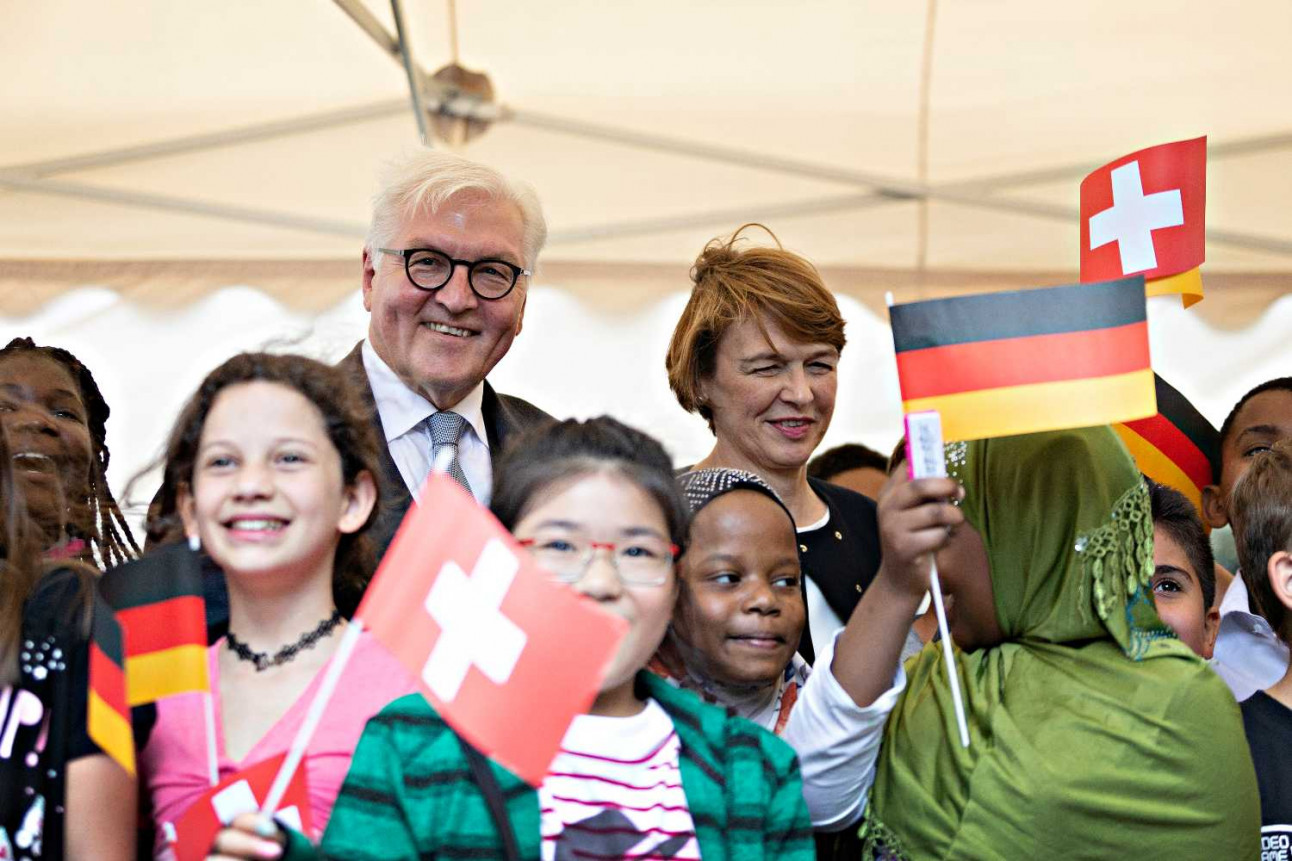The following column was written by Sarah Serafini and Dennis Frasch and appeared in Swiss news outlet Watson on Thursday, January 21st. It has been translated from German and republished by The Local Switzerland with permission.

The following column was written by Sarah Serafini and Dennis Frasch and appeared in Swiss news outlet Watson on Thursday, January 21st. It has been translated from German and republished by The Local Switzerland with permission.



 Please whitelist us to continue reading.
Please whitelist us to continue reading.
It seems ludicrous that Switzerland lags so far behind in vaccinations. Perhaps waiting for Astroziniker to be approved to save money. Meanwhile the Swiss economy rots and we all become less willing to believe that the lock down is of net benefit.